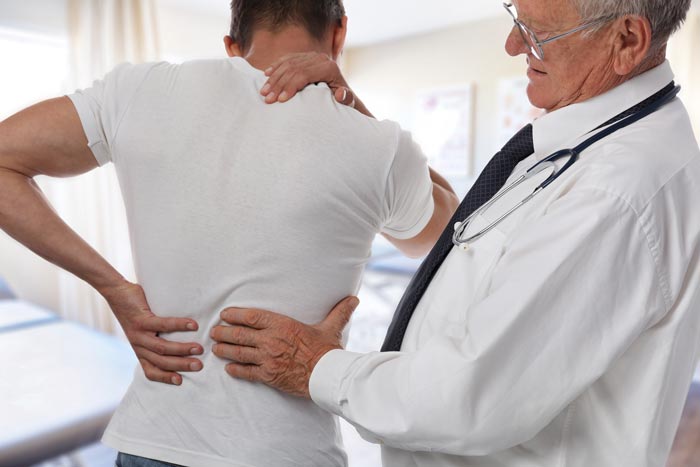Symptoms of Spinal Trauma
Spinal Trauma Symptoms
The symptoms of spinal trauma depend on the location and severity of the damage to the spinal cord. The primary symptoms are the loss of motor function, the extent of which varies based on the individual circumstances.

Symptoms Vary by Circumstance
- Cervical spine (neck) injuries usually result in substantial paralysis (quadriplegia), including difficulty breathing and an inability to control body temperature, heart rate, blood pressure, and sweating. Patients are often unable to live independently after a cervical spine injury.
- Injuries to the thoracic or mid-spinal cord area usually result in paraplegia, or an inability to control the trunk and abdominal muscles.
- Lumbar and sacral injuries, at the lower part of the spinal cord, may cause bowel and bladder dysfunction as well as sexual dysfunction.
When to Seek Medical Attention
Any trauma to the back, neck, or head needs immediate medical attention. The individual suffering the injury should be immobilized because further movement can cause additional damage to the spine.
It is imperative that an injured person be seen at a Level-1 trauma center with neurosurgeons experienced in treating these serious injuries. The spine team at Weill Cornell Medicine — expert spine surgeons along with their team of physicians, nurses, physical therapists, and pain management specialists — provide comprehensive, integrated care for patients with traumatic spine injuries and many other conditions of the spine. Patients receive a complete continuum of care, from diagnosis to treatment and recovery.
We’ve Got Your Back
For more information about our treatment options, contact our office today.



